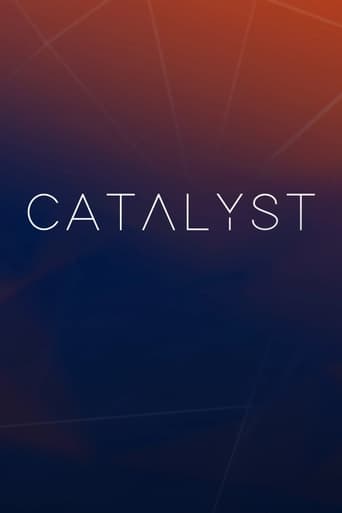
Trailer
Synopsis
Catalyst is Australia's premier science investigation series. Each week the team brings you stories from Australia and around the world, meeting scientists at the forefront of discovery.
Episode 26 : Mega-tsunamis
January. 01,2014
By investigating the tell-tale signs of earthquakes and tsunamis written into the landscape over the last thousand years, Japanese scientists are rewriting the rule books for disaster prevention in the Pacific.
Episode 25 : Bioluminescence
January. 01,2011
A short video on this phenomenon of nature, particularly evident in deep ocean animals.
Episode 24 : Life Enhancing Drugs
January. 01,2013
Performance-enhancing drugs aren't limited to just sport and increasing your physical prowess. There are substances that could improve your mind power as well - things like help you learn faster or improve your memory. Do we face a future where we'll be increasingly brain doping?
Episode 23 : Tokyo Flood Prevention
January. 01,2014
Fifty meters beneath the teeming mega-city of Tokyo is an underworld river system - 6.4km of tunnels, colossal water tanks, massive pillars, giant pumps that remove 200 tons of floodwater every second. It’s an engineering marvel built to protect Tokyo against the increasing threat of flooding.
Episode 22 : Ancient Writing
January. 01,2013
Cuneiform documents in clay cover everything from political affairs to economic practices, from 3400BC right up to the time of Christ. But can modern technology unwrap clay envelopes so that archaeologists can preserve the artifact but see the letter inside? Watch and see!
Episode 21 : Fast Food For Hummingbirds
January. 01,2011
By building see-through flowers, researchers at the University of Connecticut have captured high-speed, high-magnification images of the remarkable tongue of the Hummingbird. And they've revealed that previously held theories about the diminutive birds are wrong!
Episode 20 : Extreme Weather
January. 01,2013
This special report looks at the domino effect of environmental and atmospheric factors that drive the globe to wetter, hotter, drier and colder extremes.
Episode 19 : Honey Bees
January. 01,2014
It seems that the bee population crisis is intricately tied to the way we have changed our planet. Catalyst investigates how modern agriculture methods, increasing diseases and the impending threat of the deadly varroa mite could destroy the last safe-haven for bees on the planet, Australia.
Episode 18 : Cardiac Implants
January. 01,2013
There’s no doubt that cardiac implants or stents save lives. They unblock arteries to prevent heart attacks. But because the body treats stents as foreign, the risk of blood clots is ever present. How can we coat the stents in order to stop the rejections?
Episode 17 : Allergy Pill
January. 01,2014
In the western world there’s an epidemic of allergies. Could it be that our lifestyles are too clean? And that we’re not exposing ourselves to bugs that help build our immune systems? Is there bacteria that is good for us?
Episode 16 : Peacock Spider
January. 01,2013
Think spiders aren't beautiful? Then think again! The colorful and beautiful jumping Peacock Spider, native to Australia, will change your mind.
Episode 15 : Quantum Computing
January. 01,2013
The promise of quantum computers is that what would otherwise take a billion years to calculate, could be done in a few seconds. First-generation quantum computers have started to appear. Indeed, earlier this year, Google bought one, The D-Wave 2. How will this advance change our future lives?
Episode 14 : Future Cities
January. 01,2014
It's amazing to think that in the 1900s a mere tenth of the world's population lived and worked in cities. Now it is over half. With soaring populations, how will we keep our cities live-able? And what will the city of tomorrow look like?
Episode 13 : 3D Virus
January. 01,2013
How can a supercomputer can help researchers to a better understanding of the poliovirus at an atomic level? This has implications for understanding and eradicating deadly diseases worldwide.
Episode 12 : Alien Technology
January. 01,2015
Is there anyone out there? Does the popular movie quote 'ET phone home' have any substance? Astronomers have been pointing their radio telescopes at the skies for decades trying to pick up alien signals. Hitch a ride as we join astronomers trawling through the galaxy looking for signs of life.
Episode 11 : Powering The Mind
January. 01,2015
What is memory? How do our memories change from childhood to adulthood? How we can build up greater brain reserves to power our mind into old age? Brain epigenetics, how the expression of our DNA can be changed by our experiences, is an intriguing new area of science with huge health implications.
Episode 10 : Antivenom
January. 01,2015
Good to know as you travel to the Antipodes - Australia has the most venomous snakes and spiders in the world. But, if you’re bitten, can you rely on anti-venom? Dr Graham Phillips investigates the effectiveness of anti-venom.
Episode 9 : Our Chemical Lives
January. 01,2015
Thousands of chemicals are used in everyday products – in our water, our food and in the air we breathe. It’s the chemical soup of modern life and it’s virtually impossible to escape them. Is there adequate regulation and testing, or are we in the midst of an uncontrolled, human experiment?
Episode 8 : Super Solar Cells
January. 01,2015
Dr Graham Phillips investigates new technology that is able to convert more than 40 per cent of the sun's light into electricity. This is more than double the efficiency of today's domestic rooftop solar panels, and could eventually lead to cheaper sources of renewable energy.
Episode 7 : Sun's Lost Siblings
January. 01,2015
In a family reunion like no other, astronomers reunite our sun with her long lost sibling. Dr Graham Phillips meets the new relative and explores its similarities with our sun. Could it even have planets, like our solar system, and be another home for life?
Episode 6 : Wings Of Wonder
January. 01,2013
Titanium implants are a favorite among surgeons. They're light, durable and strong and readily accepted by the human body. But with each surgery comes a small but potentially deadly risk - infection through the introduction of bacteria. How can they design implants to resist bacterial infection?
Episode 5 : Voyager
January. 01,2013
Take a look at the Voyager unmanned space probes launched in the 1970's -- and where they are now after 36 years of travel! Voyager I is the furthest travelled man made object in space. What are the missions finding in the distant universe?
Episode 4 : Polar People
January. 01,2015
Each year, over 2000 people apply for jobs in Antarctica, but few are successful. What are the physical and psychological attributes required to work in the most remote location on Earth? Could you snag a job in sub-zero temperatures at an Antarctic station?
Episode 3 : Virtual Universe
January. 01,2014
Wouldn't it be wonderful if you could just sit and watch a movie about the universe and see how everything unfolded? Thanks to a new scientifically accurate computer simulation called the Illustris, which models a part of the universe, a cube 350 million light years across, you can!
Episode 2 : Shark Behavior
January. 01,2015
Do sharks have friends? Watch and see if there is actually anything to study when we look at the "social behavior" of sharks off the coast of New South Wales, Australia!
Episode 1 : Jane Goodall
January. 01,2014
Meet Dr. Jane Goodall DBE, world-renowned primatologist, humanitarian, conservationist and UN Messenger of Peace.
Seasons
Similar titles
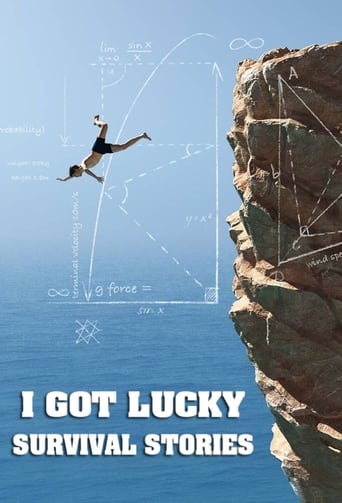
I Got Lucky: Survival Stories
Explore some of the most death-defying accidents caught on film. Survivors and eyewitnesses explain what went wrong and a panel of experts dissect the scientific principle behind these
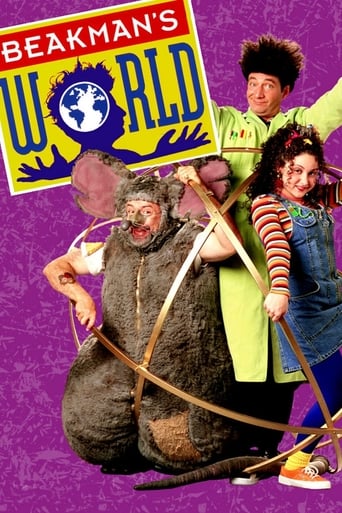
Beakman's World
Beakman's World is an educational children's television show. The program is based on the Universal Press Syndicate syndicated comic strip You Can with Beakman and Jax created by Jok Church. The series premiered September 18, 1992 on The Learning Channel cable network and in national syndication.
On September 18, 1993 it moved from national syndication to CBS Saturday morning children’s lineup. At the peak of its popularity, it was seen in nearly 90 countries around the world. The series was canceled in 1998. Reruns returned to national syndication in September 2006, after which it was transferred to local stations such as KICU. The show debuted a year prior to Bill Nye the Science Guy, which covered similar topics. The show's host, Paul Zaloom, still performs as Beakman in live appearances around the globe.
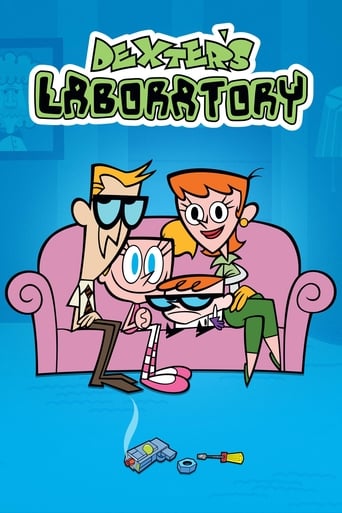
Dexter's Laboratory
Dexter, a boy-genius with a secret laboratory, constantly battles his sister Dee Dee, who always gains access despite his best efforts to keep her out, as well as his arch-rival and neighbor, Mandark.
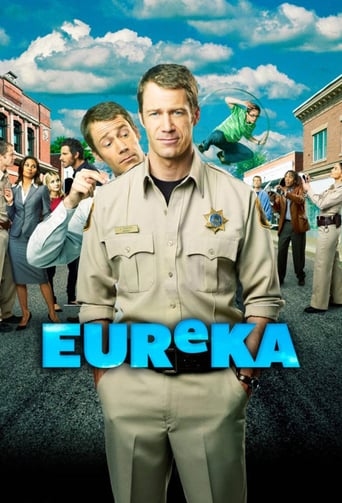
Eureka
The sleepy Pacific Northwest town of Eureka is hiding a mysterious secret. The government has been relocating the world's geniuses and their families to this rustic town for years where innovation and chaos have lived hand in hand. U.S. Marshal Jack Carter stumbles upon this odd town after wrecking his car and becoming stranded there. When the denizens of the town unleash an unknown scientific creation, Carter jumps in to try to restore order and consequently learns of one of the country's best kept secrets.
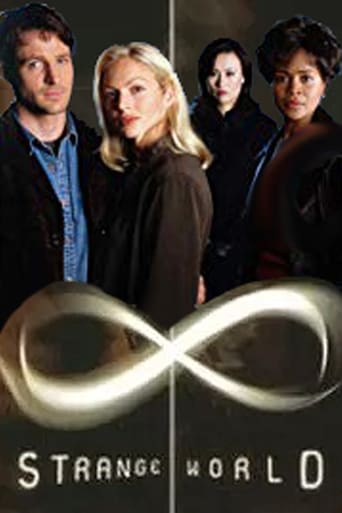
Strange World
Strange World is an American television program about military investigations into criminal abuses of science and technology. ABC commissioned 13 episodes, of which three aired in March 1999, before the network cancelled the program. The remaining ten episodes produced subsequently premiered on the Sci-Fi Channel in Spring 2002. The series was created by Howard Gordon and Tim Kring.
In a webchat during the 2002 run on Sci Fi, Gordon stated that, since the producers felt ABC was not going to support the show, the producers had the opportunity to write a conclusion to the story.
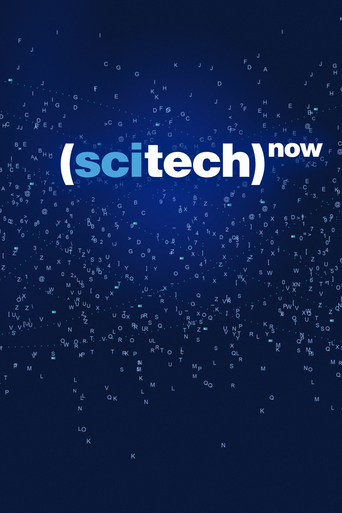
SciTech Now
Capturing the latest breakthroughs in science, technology and innovation. With anchor Hari Sreenivasan, we check out the hottest gadgets, meet the innovators creating the startups of tomorrow and map out the mysteries of the scientific world.
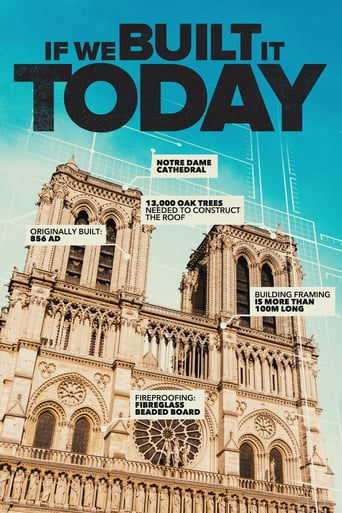
If We Built It Today
They are some of the world’s all-time greatest building projects. Most have stood the test of time, but with today’s technology, could they be duplicated and done better?
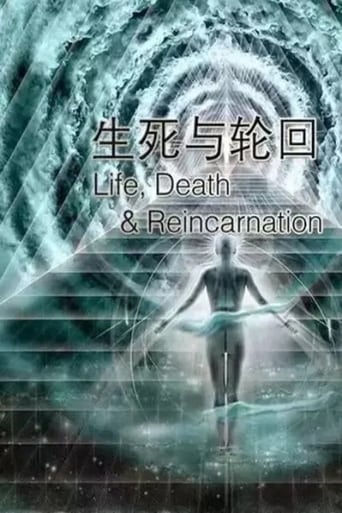
Life, Death and Reincarnation
An epic adventure that aims to unravel the mystery at the heart of our existence: the questions of our identity and our destiny. The series features some of the world’s most baffling real life stories and exciting findings in the fields of consciousness studies, near-death experiences and past-life memories. Adventurous researchers following the evidence where it leads them have discovered that the lines of evidence converge to a conclusion that is refreshingly new – yet perennially known.
Top Streaming TV Show
#1

Ikaw
November. 12,2021
5.9
#2
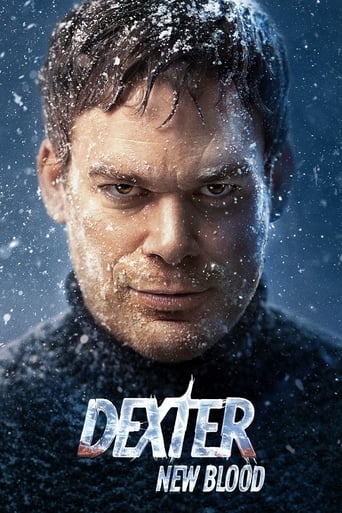
Dexter: New Blood
November. 07,2021
8.1
#3
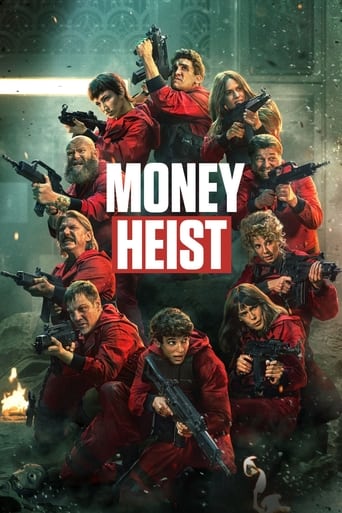
Money Heist
May. 02,2017
8.4
#4
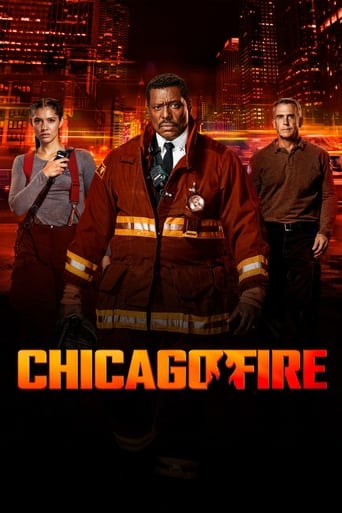
Chicago Fire
October. 10,2012
8
#5

Emily in Paris
October. 02,2020
6.9
#6
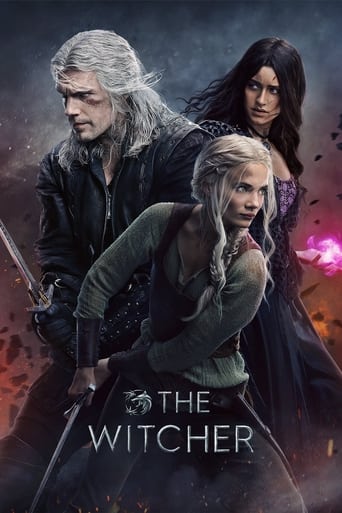
The Witcher
December. 20,2019
8
#7
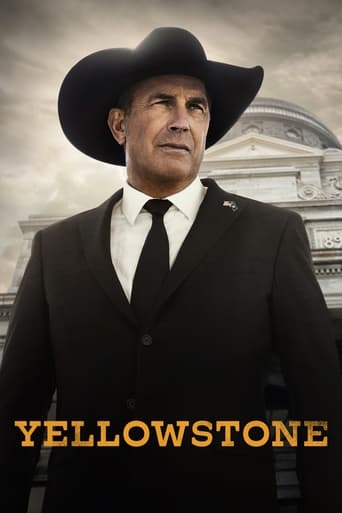
Yellowstone
June. 20,2018
8.7
#8
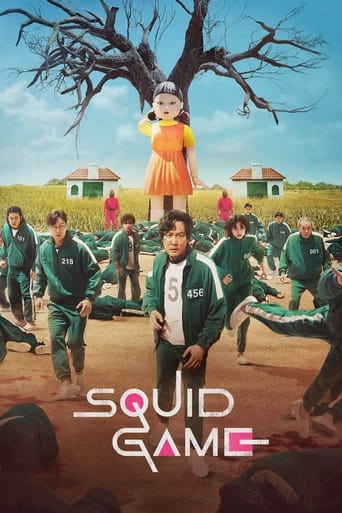
Squid Game
September. 17,2021
8
#9

The Bachelorette
September. 23,2015
5.3
#10
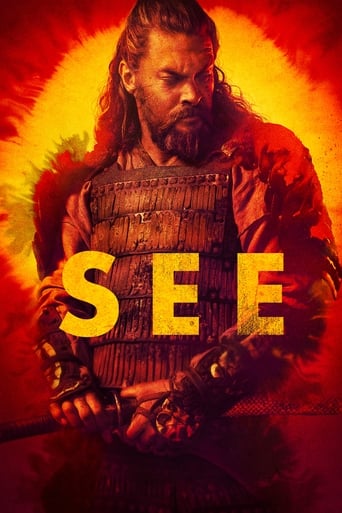
See
November. 01,2019
7.6

